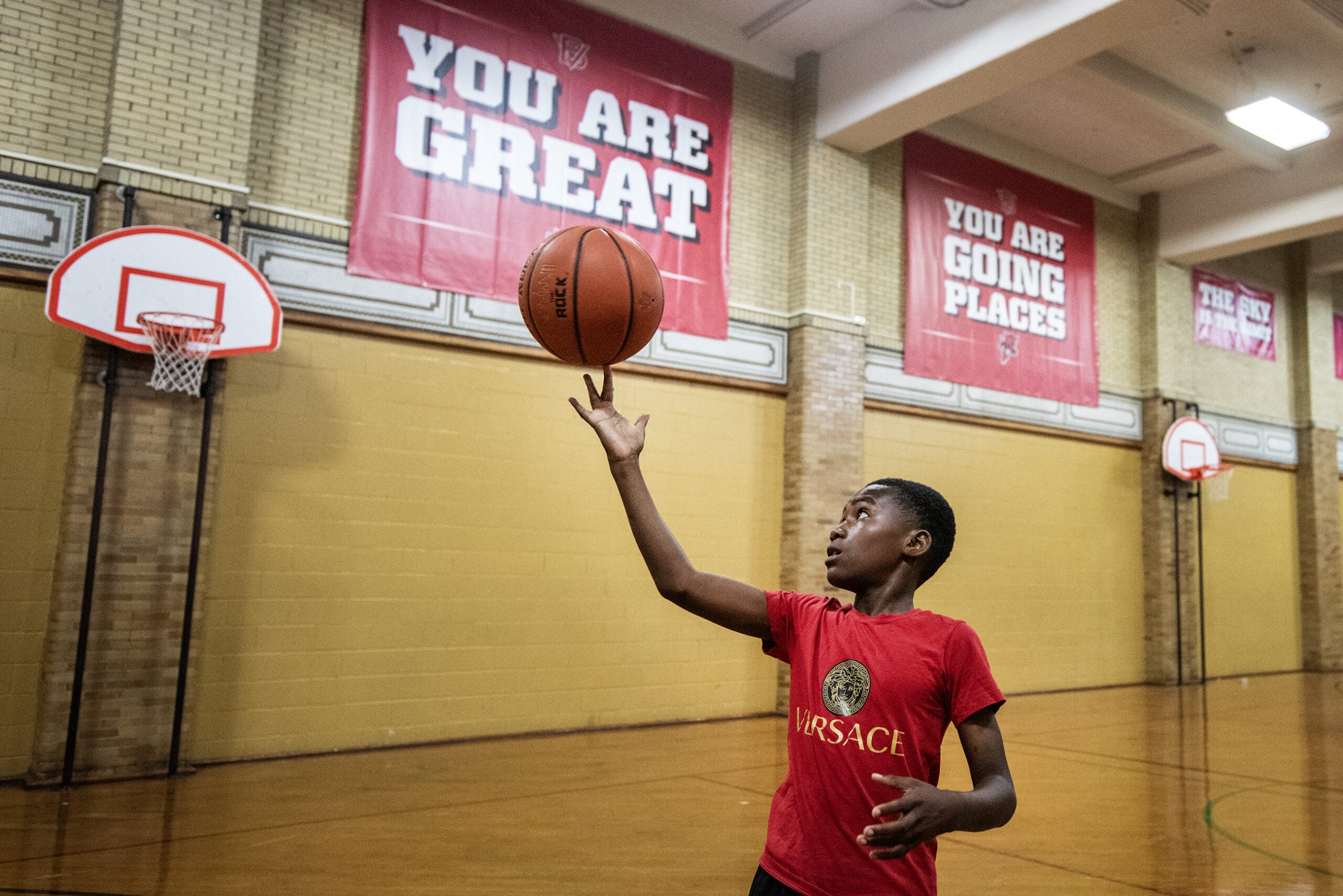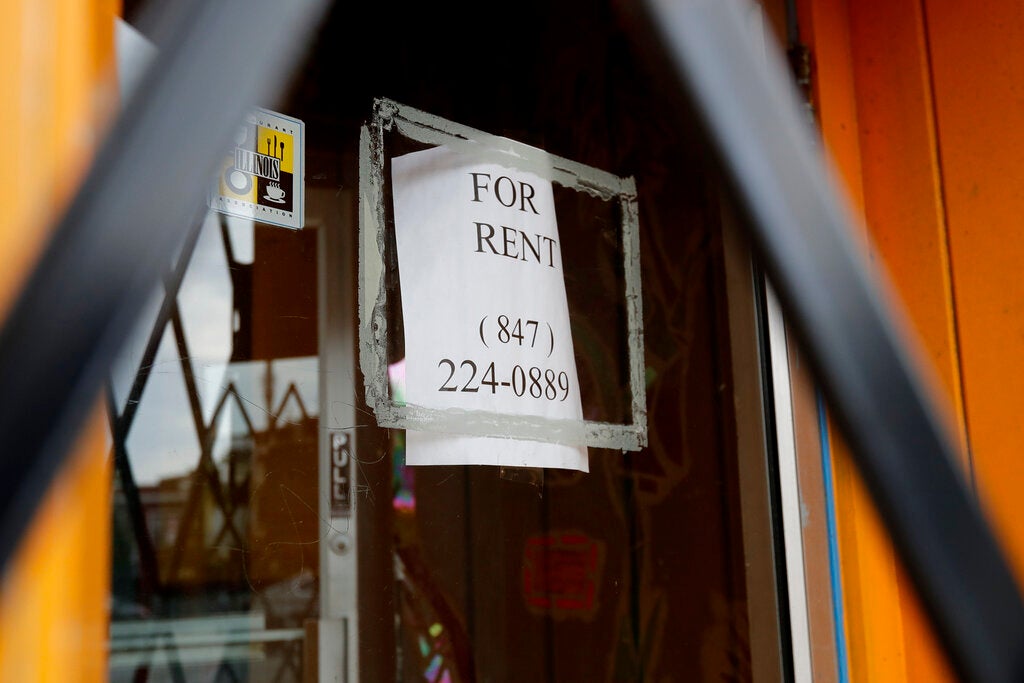The president of Ripon College shares how he plans to talk about Donald Trump with students. We talk about a new initiative aimed at increasing empathy for adults with dementia. We check in on the week’s biggest news out of Washington, and get the latest on the aftermath of the Milwaukee police shooting that took led to protests and violence over the weekend.
Featured in this Show
-
Growing Social Media Outrage Over Milwaukee Police Shooting
After Milwaukee saw protests and violence erupt over the weekend when a police officer shot and killed a man, questions about police relations and racial divisions are back in the spotlight. We talk to a reporter who has been covering the events in Milwaukee’s Sherman Park neighborhood about some of the intensifying criticism geared towards the police officer on social media.
-
This Week In Washington – August 17, 2016
Harry Enten, senior political writer and analyst for FiveThirtyEight, joins Central Time for our weekly look at the most pressing issues in national politics.
-
A Wisconsin College President On Teaching About Trump
We talk with the president of Ripon College, who is also a professor of political science, about his thoughts on teaching his students about the rise of Donald Trump.
-
What It's Like To Live With Dementia
A new initiative in Dane County, Wisconsin, aims to build empathy for and understanding of what it is like to live with dementia.
-
Making Businesses And Government Agencies 'Dementia Friendly'
A new initiative in Dane County is attempting to bring about a better, and more widespread, understanding of what it is like to live with dementia.
Joy Schmidt, a dementia care specialist with the Dane County Aging and Disability Resource Center, said for a business or government agency to be “dementia friendly,” it means “being aware, being understanding, having their staff and their employees given the education to recognize that somebody may be struggling with memory issues and then that they are better able to communicate with them.”
But for those fortunate to not experience dementia and other forms of memory loss first-hand, it can be difficult to know what others are living with and the specific symptoms. While memory loss can’t easily be replicated, some of the sensory symptoms that go along with it can be.
In order to help the staff at a drugstore better understand what some of their clients might be experiencing, Schmidt and her team had them wear goggles that took away their peripheral vision and depth perception. They also had staff put cotton balls in their ears, gave them surgical gloves to wear and put popcorn kernels in their shoes, all of which helped to mimic the decreased sensory perception people with dementia or other cognitive disabilities may suffer from.
To really drive home the experience, “we had them shop for items in their own store. So we gave them a list and had them shop for these items, and have that experience of what it might be for their customers. So really an empathy experience,” Schmidt said.
When employees and staffers gain more understanding of how the disease affects people, Schmidt said they can then make alterations to the physical space, as well to how they interact with those with dementia. That can include changing how information is shared on signs, how the store or office is laid out, and overall accessibility.
Schmidt said that in checking back with stores and staffs that have gone through the exercise, she has seen some concrete changes in place. One realization is that approaching a customer from the front, and making sure they know that an employee is there before speaking to avoid startling them. Smiling, making eye contact and speaking clearly, simply and with helpful gestures and cues, have also been a priority for people trying to be more dementia friendly.
While clearly useful on a professional level, Schmidt said people who take part in the exercise are almost always deeply affected on a personal level.
“It really has been eye-opening for them,” Schmidt said. “And it was wonderful to kind of see that epiphany. What they saw is, ‘Wow. Oh my gosh. I really had no idea. It’s really challenging.’ So really light bulbs going on.”
Episode Credits
- Rob Ferrett Host
- Veronica Rueckert Host
- Haleema Shah Producer
- J. Carlisle Larsen Producer
- Judith Siers-Poisson Producer
- Gina Barton Guest
- Harry Enten Guest
- Zachariah Messitte Guest
- Joy Schmidt Guest
Wisconsin Public Radio, © Copyright 2024, Board of Regents of the University of Wisconsin System and Wisconsin Educational Communications Board.


